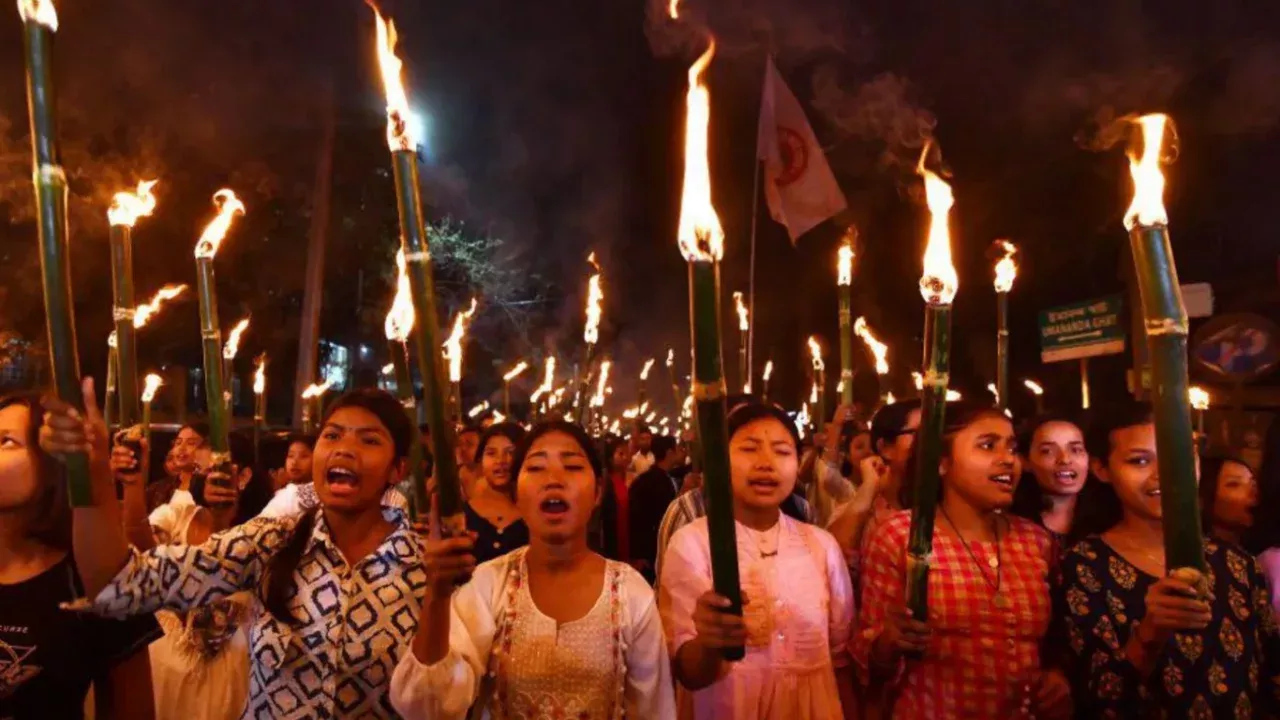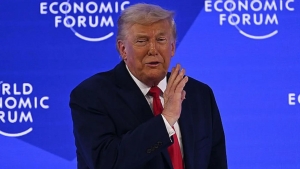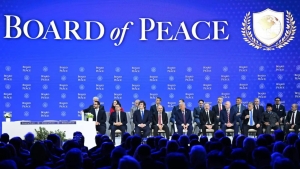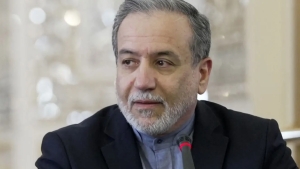Indian youth are cautious about political dissent

India has over 370 million young people, making up about a quarter of the country's population. This was reported by Zamin.uz.
Youth are well informed about politics, corruption, and inequality through the internet and social networks. However, many young people consider open protests to be risky.
Being labeled as "anti-national," economic pressures, and regional differences force them to be cautious. In recent years, young people in Asian and African countries have launched active protest movements against government policies.
In Nepal, Bangladesh, and Indonesia, the "Gen Z" generation organized rallies against corruption and unemployment. In India, such movements are not widespread and are mostly limited to small local protests.
Experts emphasize that regional and linguistic differences among youth make it difficult to unite them. Additionally, some politicians and media outlets discriminate against protesters by calling them "anti-national."
This leads to a decrease in political activity among young people. Currently, youth express their opinions more through participating in elections, voicing views online, or studying abroad.
Nevertheless, Indian youth are not indifferent. While they keep their desire for change inside and are active on social networks, they do not lose caution.
According to experts, this "silent anger" may one day have a significant impact on the country's politics.







